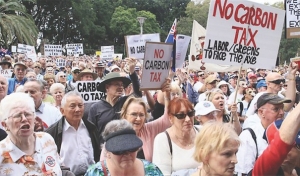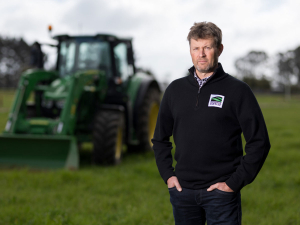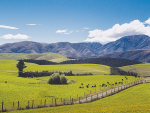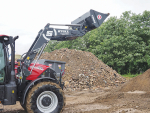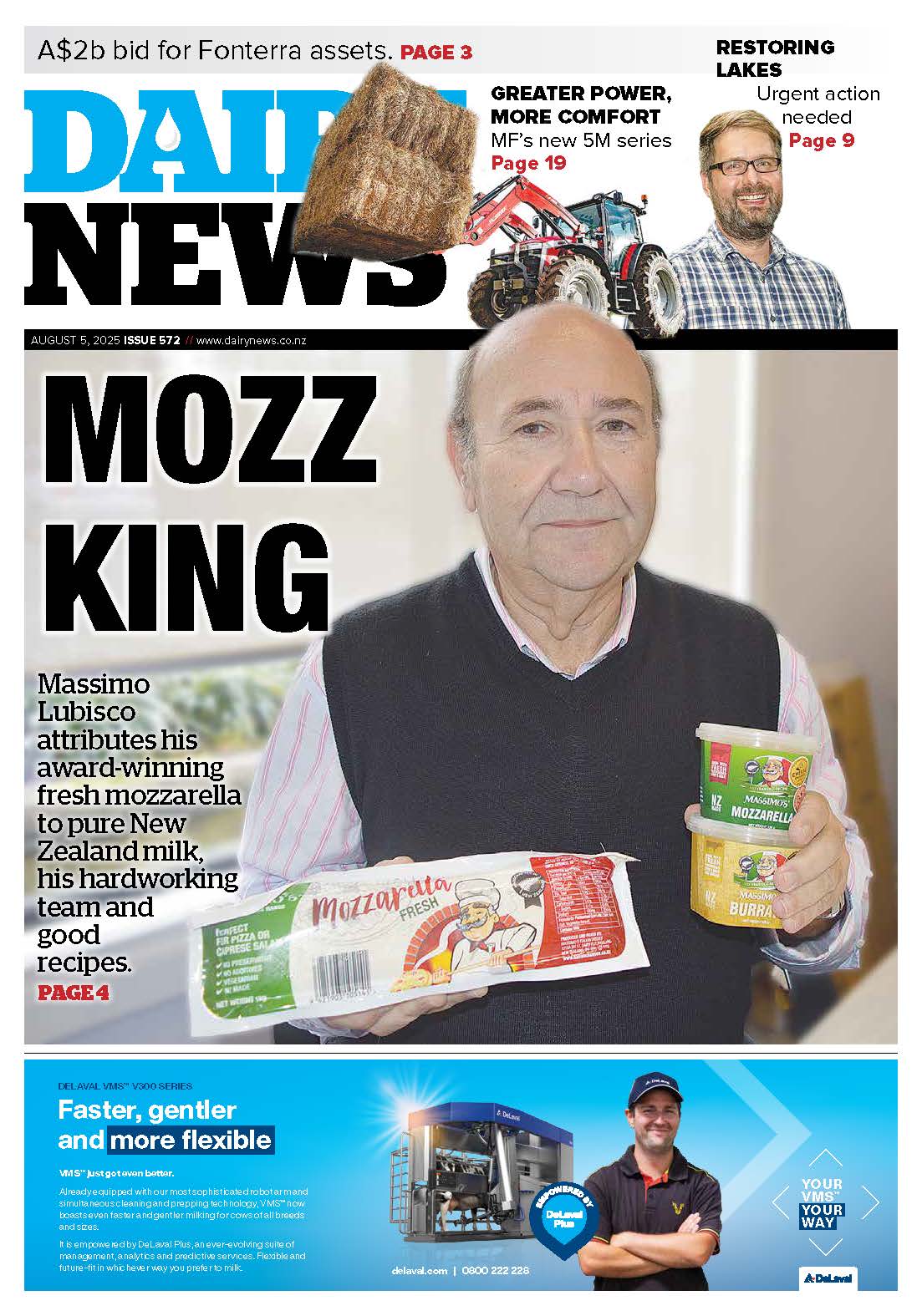The Australian coalition Government’s carbon tax repeal bill last month passed in the House of Representatives. However, the Government doesn’t have a majority in the Senate where Labor and the Greens are expected to block the repeal.
Chair of the National Farmers’ Federation sustainability committee, Gerald Leach, says it has not supported the carbon tax due to the unnecessary costs it adds to Australian farm businesses, agricultural input suppliers and food processers.
“Australia’s farmers have led the way in emissions reductions without the carbon tax, yet agriculture remains a heavily affected sector due to the flow-on costs of the carbon tax applied to the suppliers of electricity, fertiliser, chemical and fuel,” Leach says.
Work by the Australian Farm Institute in 2008 suggests the average farm business, depending on the commodity produced, will incur extra costs of up to $10,000 per annum. For example, work undertaken by the sugar industry suggests increased costs of the carbon tax of some $20 million, resulting in lost farm profitability due to higher input costs.
“With coverage for fuel set to commence on July 1, 2014, the carbon tax will continue to impact farmer profitability as all inputs come via road transport, fuel is needed for production, and all harvested commodities leave the farm by road,” says Leach.
“The NFF urges the Senate to pass the repeal legislation before Christmas.”
Australian Prime Minister Tony Abbott says the lower house vote was an important one for Australian families, because the repeal of the tax will create a stronger economy with more jobs and will save families on average $600 per year.
“I want the repeal of the carbon tax to be passed by Christmas, and to give Australian families and businesses the help they need,” he says.
However, of the carbon tax in the Senate, where the coalition lacks a majority, local media said Abbott began taking steps to scrap the carbon tax, introducing a repeal bill at the first meeting of the new Parliament earlier in November.
The Coalition government has committed to implement the ‘direct action plan’. In contrast to the previous Labor Government’s carbon price and market-based emissions trading scheme proposal, the plan does not charge industries for pollution. Instead, it would establish an emissions reduction fund (ERF) paid for from the budget, which would buy emission reductions from industry and agriculture
Australian Environment Minister Greg Hunt says the senate environment and communications legislation committee’s report into the carbon tax repeal bills supports what the coalition has been saying for years.
The committee’s report recommends that the Senate supports repeal of the carbon tax.
“The senate committee held an inquiry into the carbon tax repeal and is now calling on the Opposition to respect the mandate given to the Government and not stand in the way of repeal of the carbon tax,” he says.
“The report also heard that the carbon tax could potentially rise to a level up to $A60 by 2020, up from the current price of $A24.15 per tonne.
“The House of Representatives delivered its verdict on the carbon tax. Now it’s the Senate’s turn to deliver its verdict on the carbon tax. The only thing that stands in the way of repealing the carbon tax is the Labor Party.”
Hunt vows the Coalition won’t stop until the carbon tax bill is repealed.





